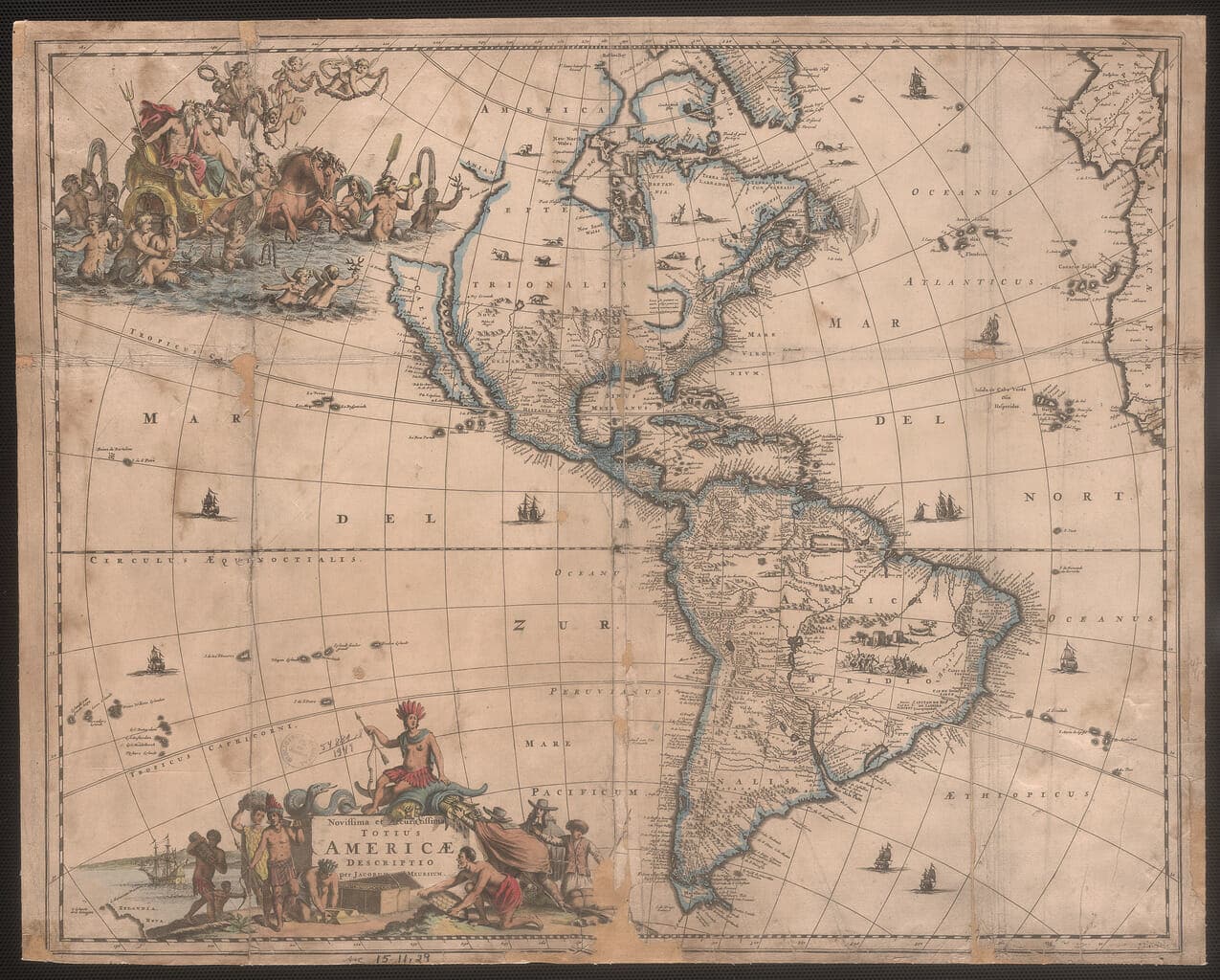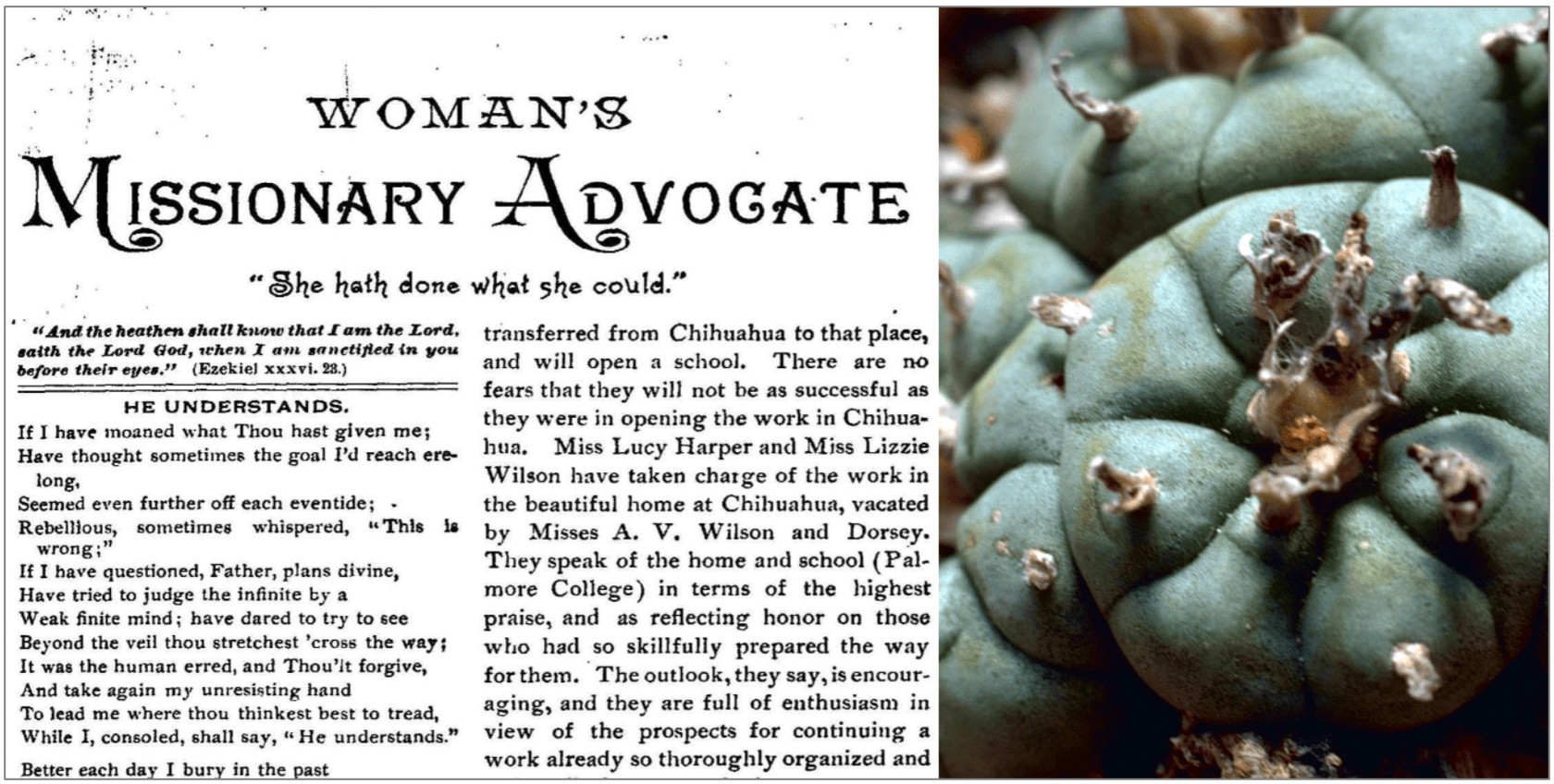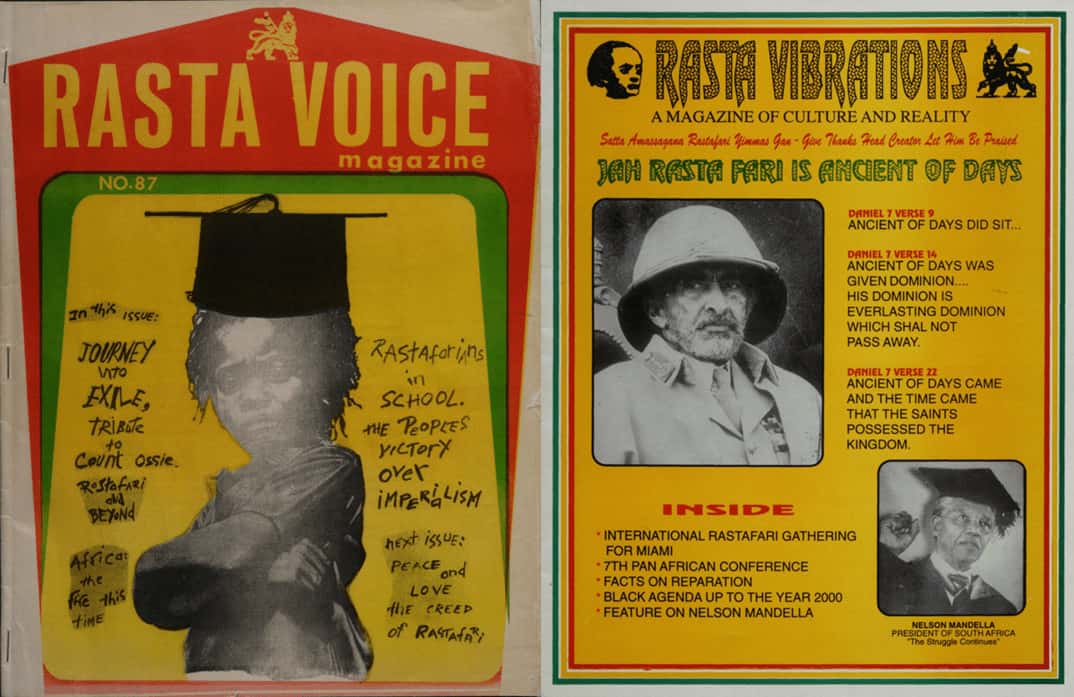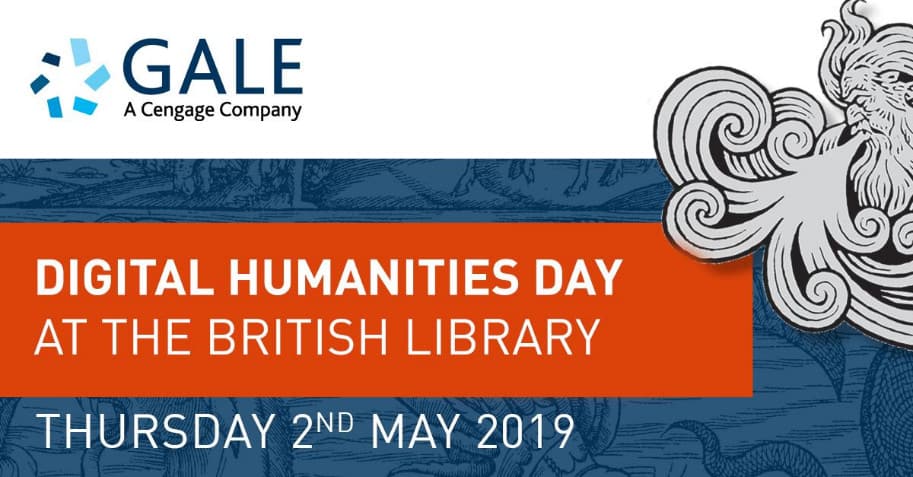│By Amelia Jean-Marie Meade, Gale Ambassador at the University College London│
Journalism, like many other fields of work, is broadly based around the investigation of a conflict or event, its documentation, and its analysis. It can take several forms including video, radio, and written. But what distinguishes journalistic writing from other writing styles is that it is specifically intended for public reception and consumption. Therefore, the term journalism is often associated with large-scale news and popular media outlets like national newspapers and broadcasting channels. Whilst this narrative is somewhat reflective of the field, it is also slightly misleading. This is because it does not properly account for non-traditional forms of journalism or the historically marginalised groups who make and have made interesting journalistic contributions. This blogpost will illuminate some examples using the Gale Historical Newspapers collection with the intention of challenging stereotypical notions of what journalism is and who can do journalism.







